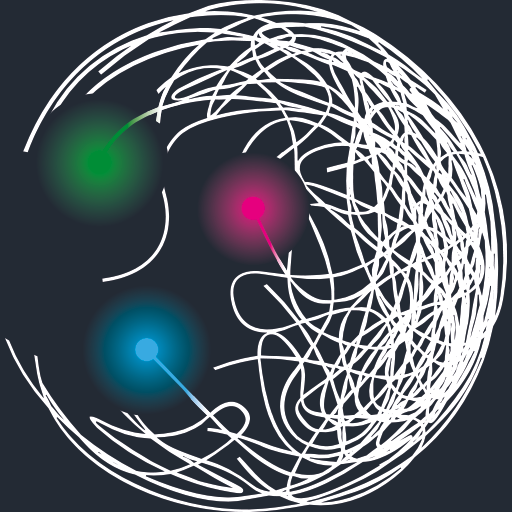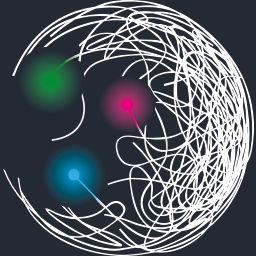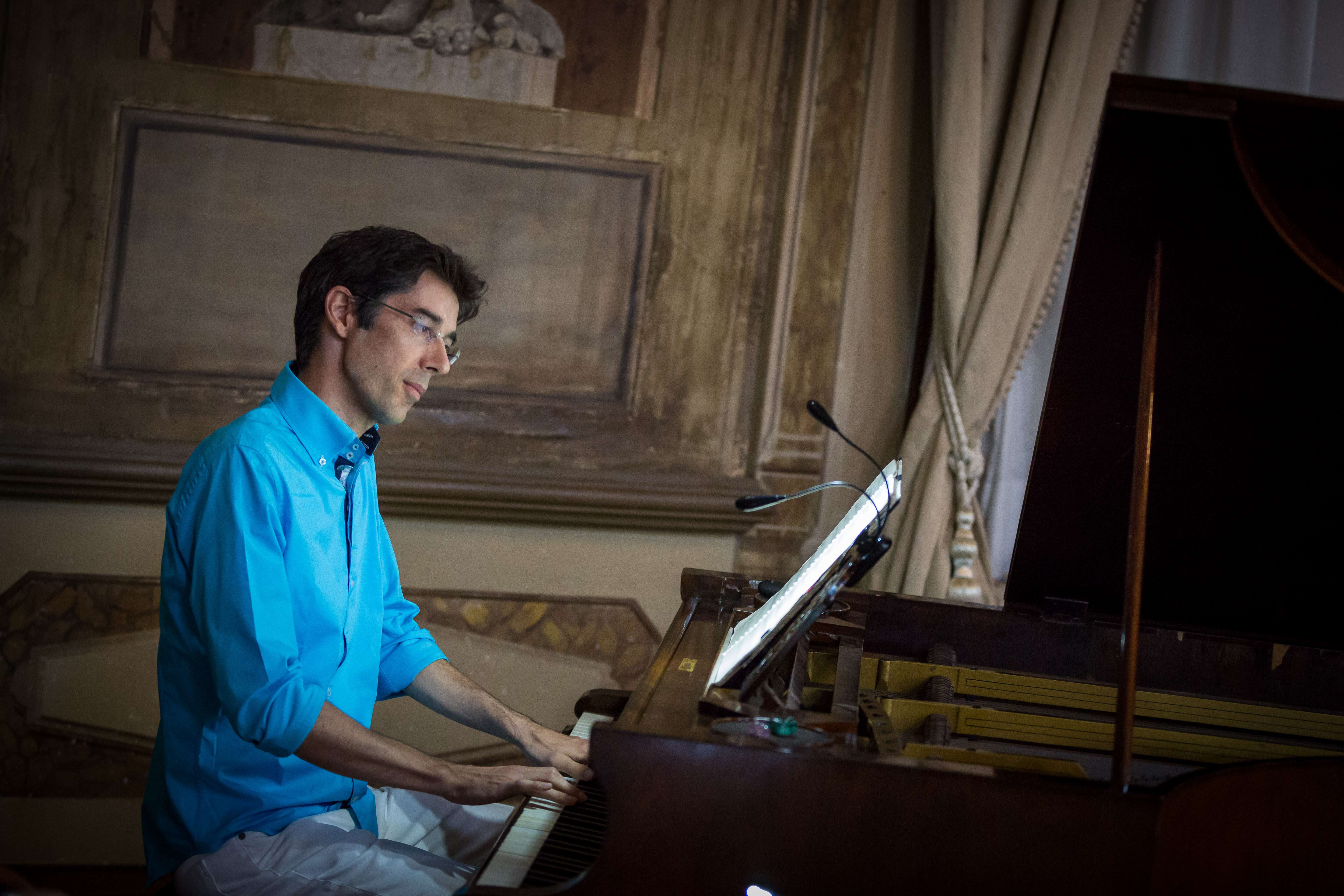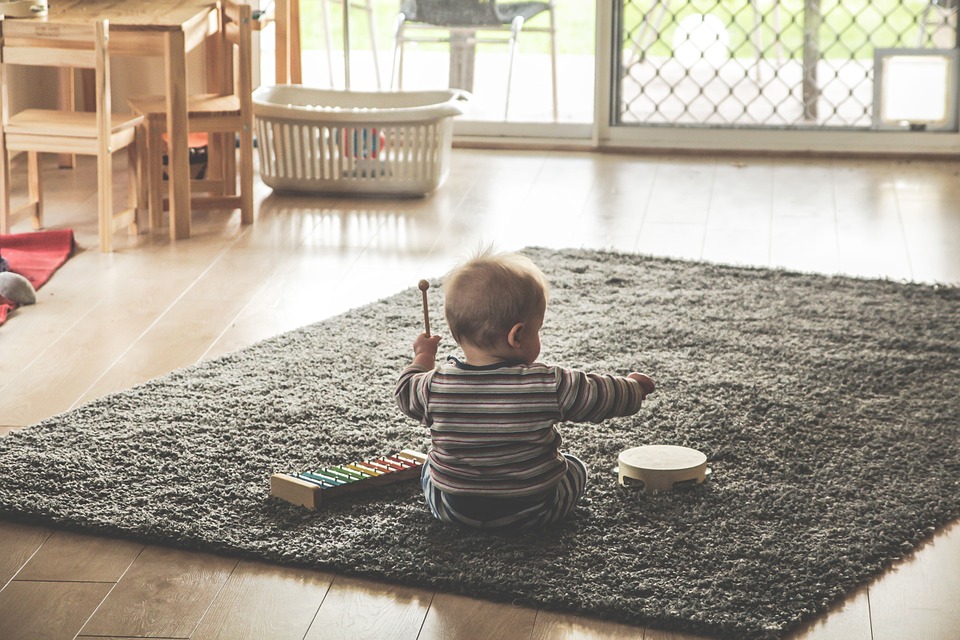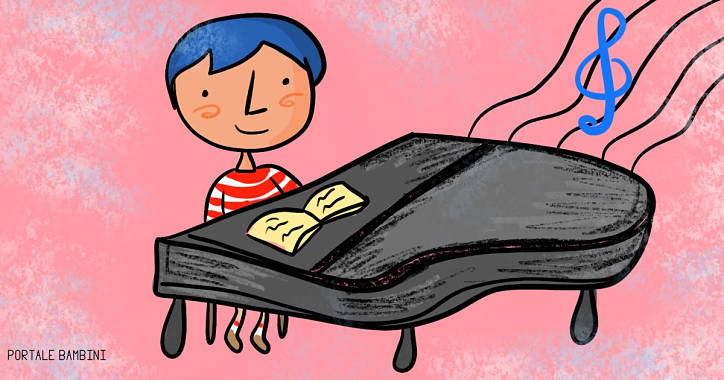InArteSalus vi augura una buona vigilia di ferragosto con un nuovo articolo breve, ma di grande interesse.
L’articolo di mercoledì di oggi riguarda la relazione tra ascolto musicale (e in particolare l’ascolto di accordi che non ci aspettiamo di sentire), sistema di ricompensa e apprendimento.
Non vi sveliamo oltre… Buona estate e buona lettura!
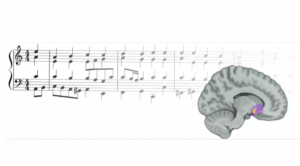
Researchers found that reward prediction errors from music correlated with activity in the nucleus accumbens, a brain region that in previous studies has been shown to activate when the subject is experiencing musical pleasure.
If you love it when a musician strikes that unexpected but perfect chord, you are not alone. New research shows the musically unexpected activates the reward center of our brains, and makes us learn about the music as we listen.
Using an algorithm, the researchers then determined the reward prediction error for each choice—the difference between an expected reward and the actual reward received. They compared that data to the MRI data, and found that reward prediction errors correlated with activity in the nucleus accumbens, a brain region that in previous studies has been shown to activate when the subject is experiencing musical pleasure. This is the first evidence that musically elicited reward prediction errors cause musical pleasure. It is also the first time an aesthetic reward such as music has been shown to create such a response. Previous studies have focused on more tangible rewards such as food or money.
Subjects whose reward prediction errors most closely matched activity in the nucleus accumbens also showed the most progress in learning the choices that led to the consonant tones. This establishes music as a neurobiological reward capable of motivating learning, showing how an abstract stimulus can engage the brain’s reward system to potentially pleasurable effect and motivate us to listen again and again.
“This study adds to our understanding of how abstract stimuli like music activate the pleasure centers of our brains,” says Gold. “Our results demonstrate that musical events can elicit formally-modeled reward prediction errors like those observed for concrete rewards such as food or money, and that these signals support learning. This implies that predictive processing might play a much wider role in reward and pleasure than previously realized.”
This article has been republished from materials provided by Montreal Neurological Institute and Hospital. Note: material may have been edited for length and content. For further information, please contact the cited source.
Reference: Gold, B. P., Mas-Herrero, E., Zeighami, Y., Benovoy, M., Dagher, A., & Zatorre, R. J. (2019). Musical reward prediction errors engage the nucleus accumbens and motivate learning. Proceedings of the National Academy of Sciences, 201809855. https://doi.org/10.1073/pnas.1809855116
